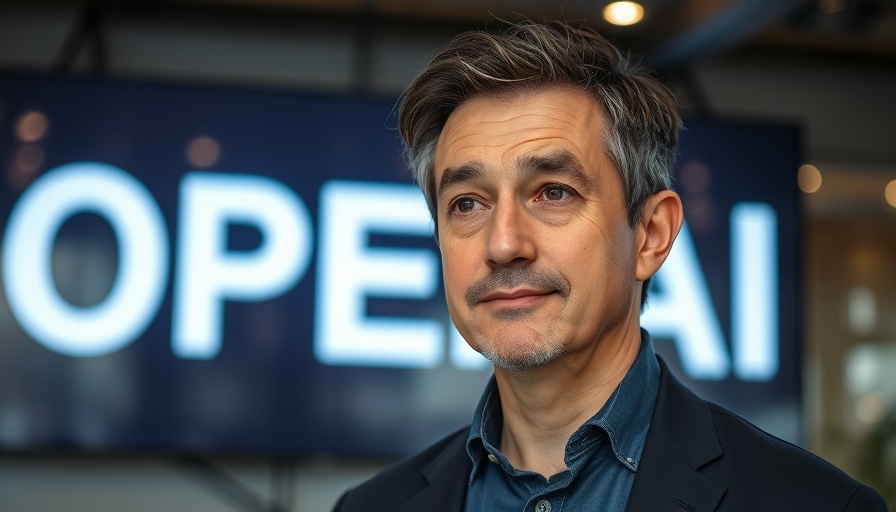
The Controversy Over AI Content Moderation
In a dramatic turn of events, OpenAI's CEO, Sam Altman, has firmly stated that his company is "not the elected moral police of the world." This statement comes after significant backlash surrounding OpenAI's decision to allow erotica content within its popular chatbot, ChatGPT. While many users welcomed the news, advocates have raised concerns about the potential risks this relaxation of guidelines may pose, especially for younger users.
Shifting Guidelines and Their Implications
OpenAI's decision to permit erotic content on ChatGPT reflects a fundamental shift in AI content governance. This move follows Altman’s assertion that OpenAI can "safely relax" content restrictions now that enhancements in mental health prevention tools have been developed. In December, the company plans to allow more adult content, tantalizingly labeled "for verified adults." This controversial strategy mirrors societal norms about content classification, similar to R-rated movies, where legal age distinctions govern access.
Balancing Safety and Freedom of Expression
Critics are concerned that prioritizing engagement over safety may endanger minors, especially in light of the Federal Trade Commission’s inquiries into how AI technologies impact younger audiences. OpenAI is not ignorant of these risks; they have recently implemented new safety measures, including a parental control feature and an age-prediction system that helps automatically tailor settings for minors. Yet, the question lingers: how much freedom should users enjoy in a space that could be hazardous?
Industry Reactions and Future Considerations
The backlash against OpenAI's policy change has sparked conversations across the tech industry, raising questions about how other companies, like Anthropic and Google, will react. Many are closely monitoring OpenAI’s moves, as they could serve as a catalyst for broader changes in content moderation practices across various platforms. There are fears that concurrent pressures on corporate partnerships could arise if large entities begin reassessing their ties with OpenAI, particularly those in educational settings.
The Role of Advocacy Groups
Advocacy organizations like the National Center on Sexual Exploitation have been vocal against the policy change. They caution that sexualized AI chatbots create real mental health issues, emphasizing that these unregulated technologies can lead to synthetic intimacy and blurred lines in sexual ethics. As these groups rally to push back against OpenAI’s decision, the company faces mounting pressure to clarify where it will draw the line between acceptable and harmful content.
Altman's Defiance and the Road Ahead
Despite the storm of criticism, Altman remains steadfast in his view that OpenAI must embrace a more liberated approach to adult content. He argues that this stance reclaims agency for adult users who feel infantilized by previous content restrictions. Whether this strategy will resonate positively with a broad audience remains uncertain, as many await the rollout of the new content policies set for December.
As the tech landscape changes, so too will the debates surrounding AI ethics and content moderation. By positioning OpenAI not as a moral arbiter but rather as a facilitator of adult engagement, Altman is challenging norms in the AI industry. If successful, this approach might redefine how society interacts with AI technologies, making it a pivotal moment for both OpenAI and the broader AI landscape.
With these ongoing discussions on the future of AI content policies, it’s vital for every user to stay informed about the implications of these changes. Engaging with platforms like OpenAI means considering not only how these technologies function but also how they can impact mental health and societal interaction.
 Add Row
Add Row  Add
Add 




Write A Comment